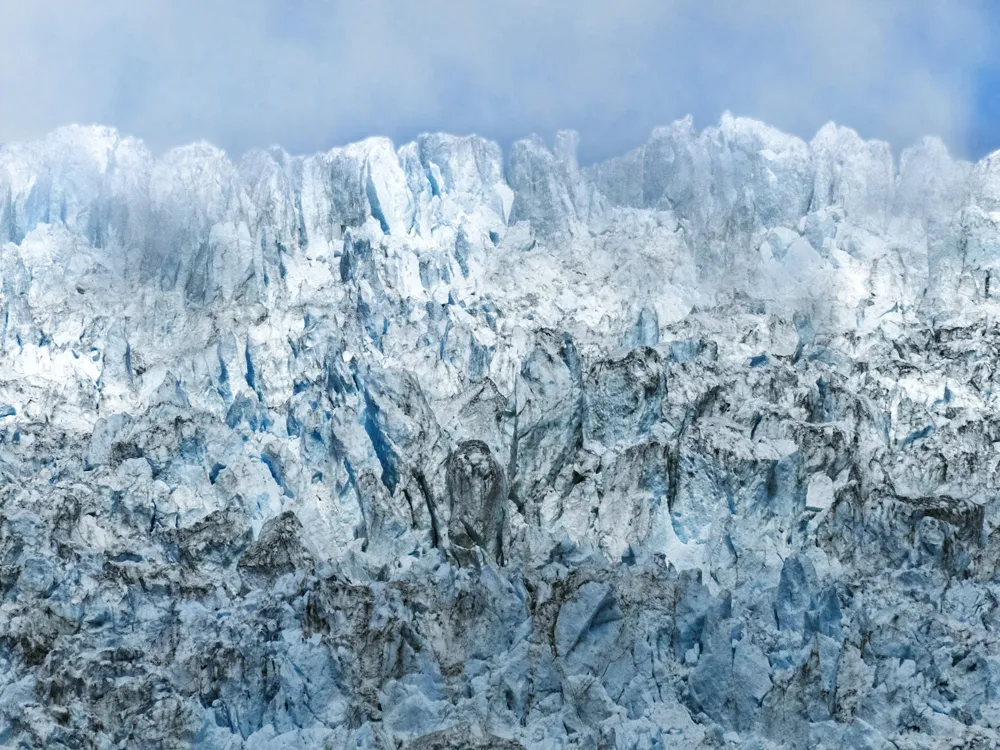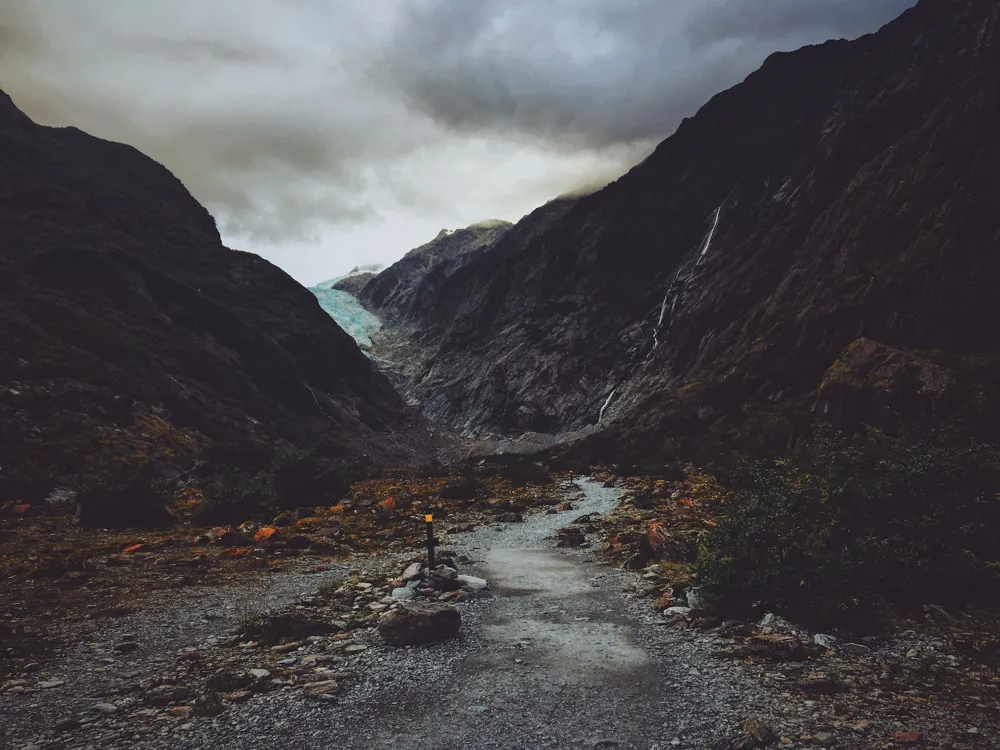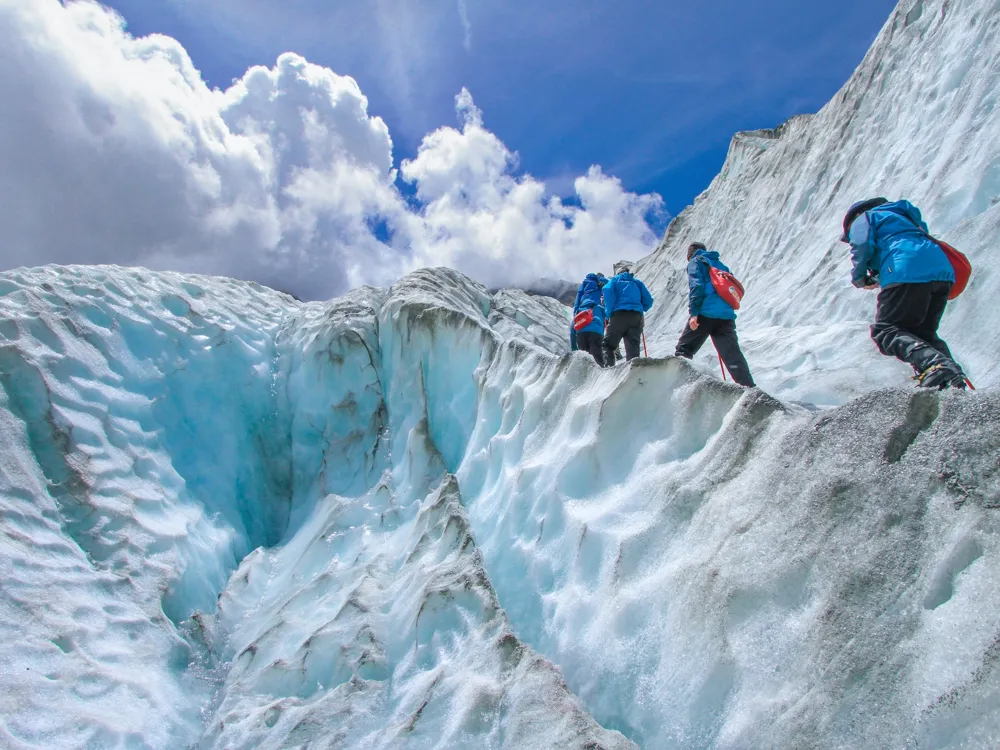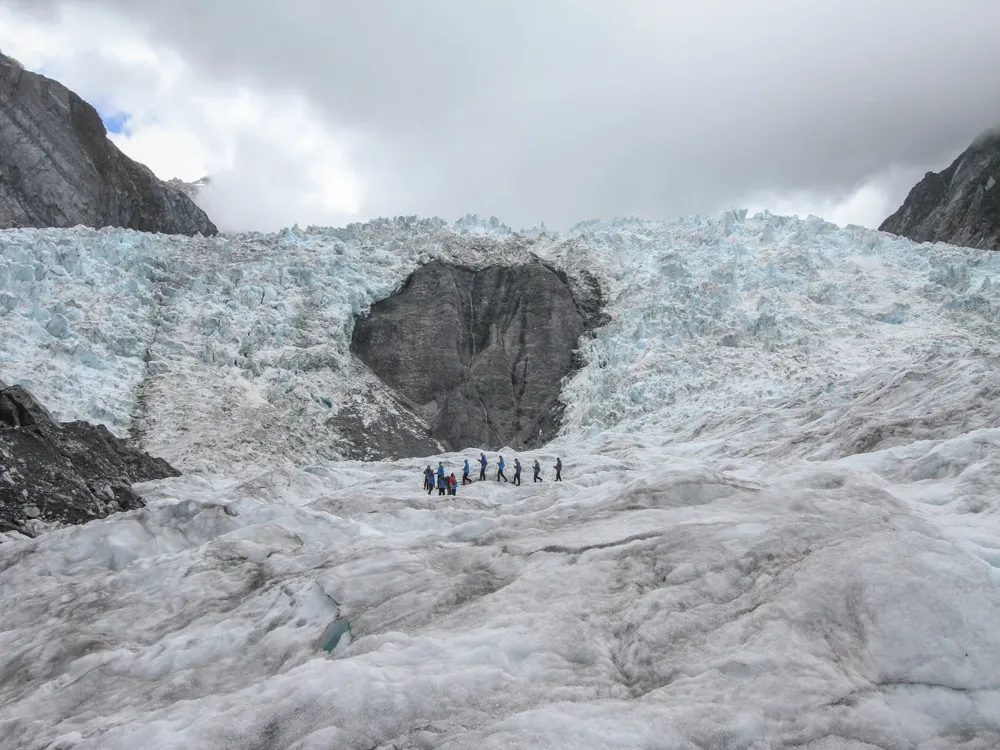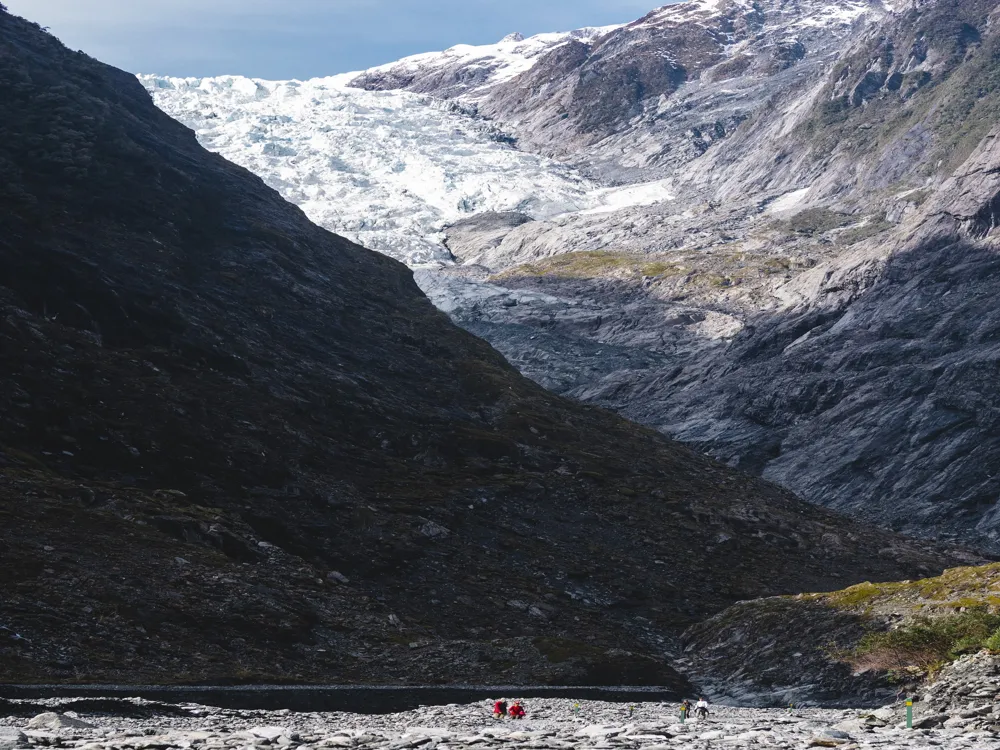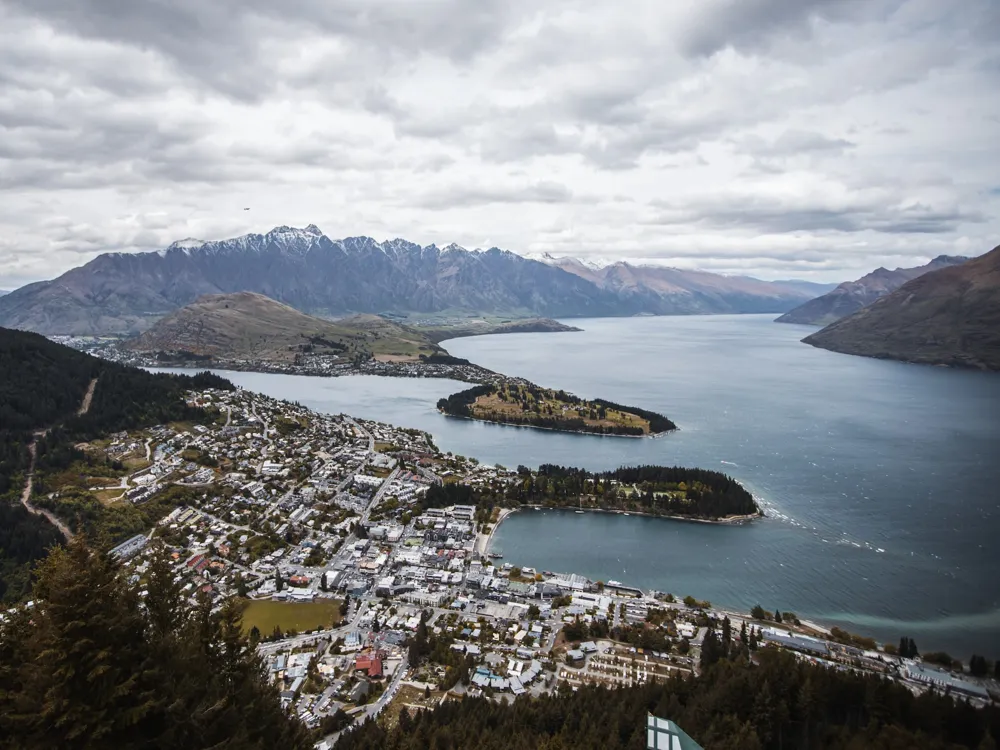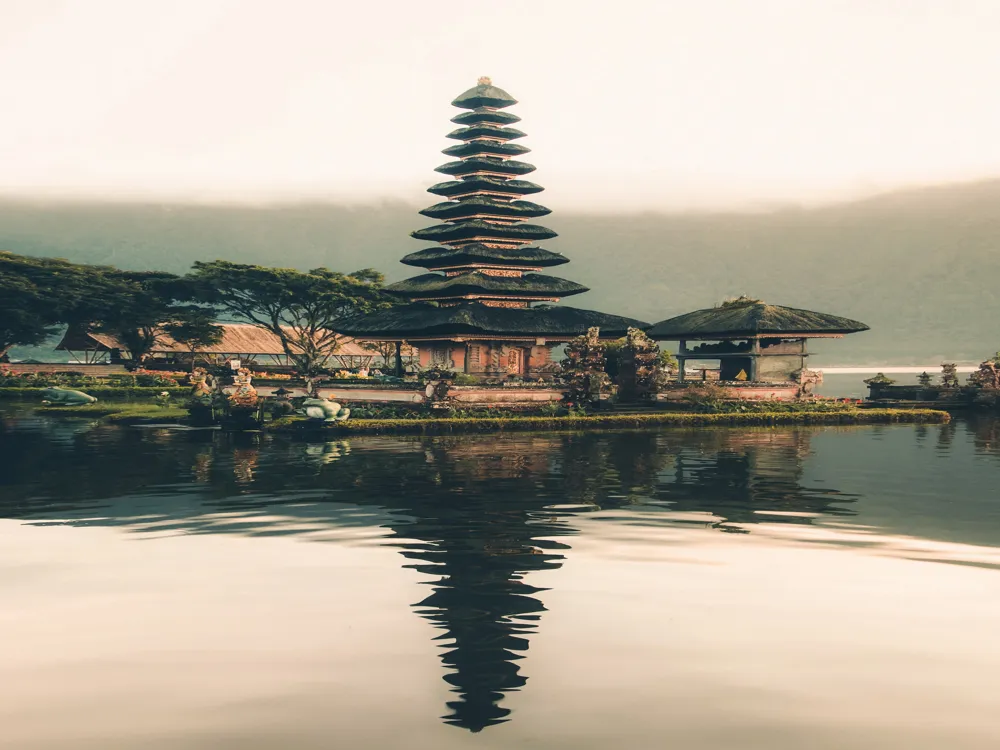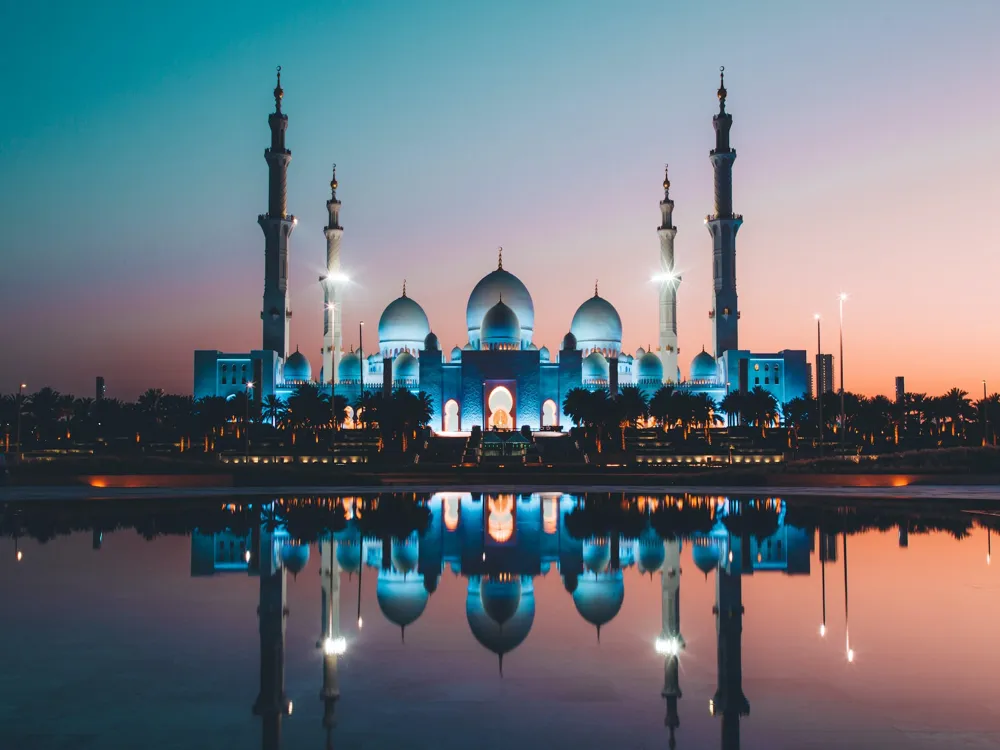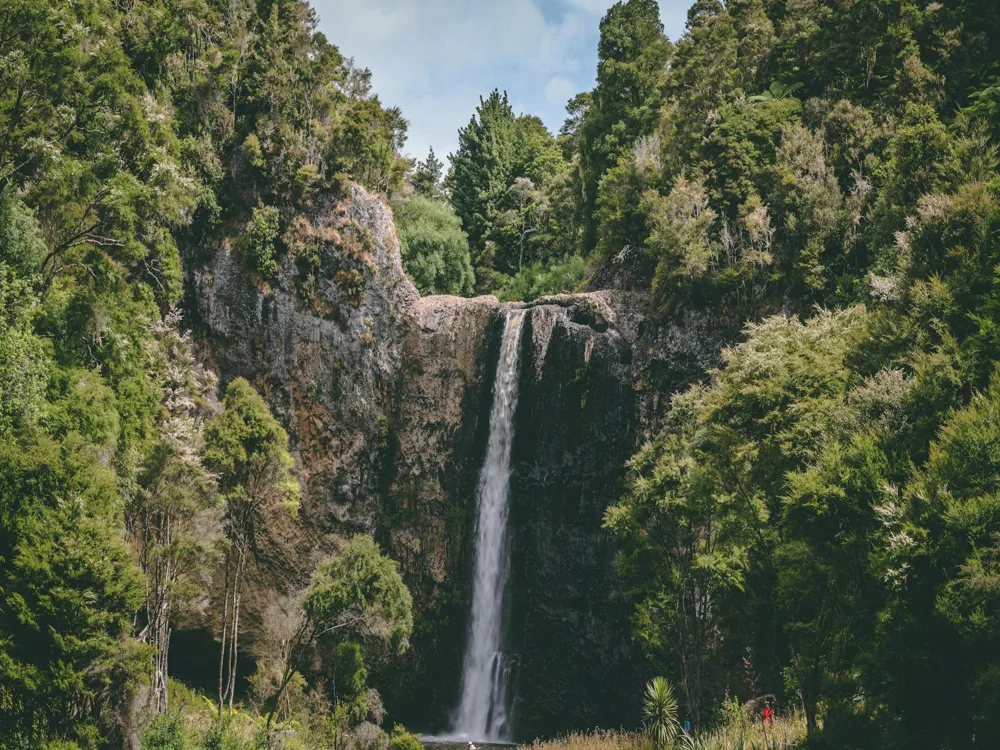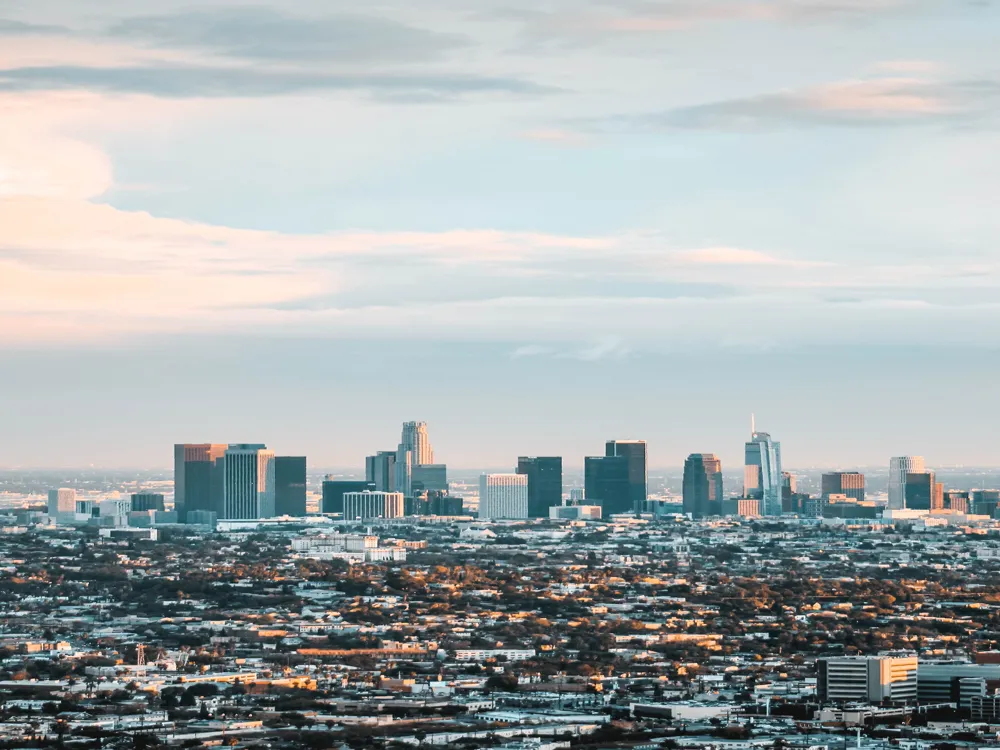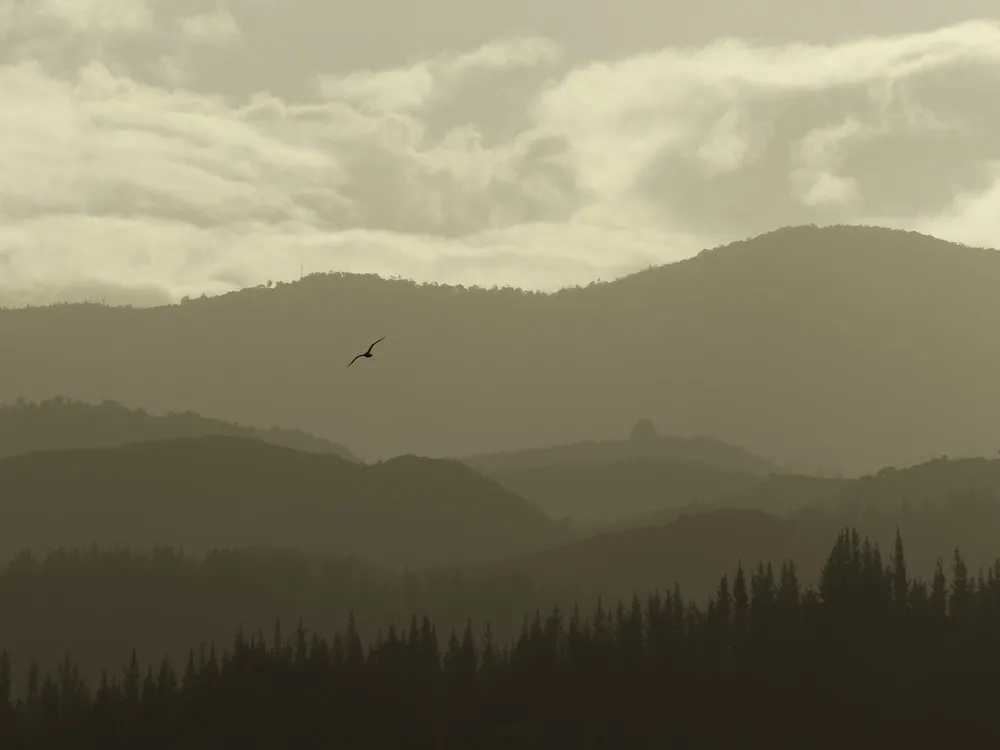Best Time to Visit Franz Josef Glacier
New Zealand
29 out of 52 Places to visit in New Zealand₹ 106,500 onwards View Packages
Get Customized PackagesThe Land of Diversity
Top Hotel Collections

Private Pool

Luxury Hotels

5-Star Hotels

Pet Friendly
What is the Best Time to Visit Franz Josef Glacier?
Nestled in the breathtaking landscapes of New Zealand, Franz Josef Glacier stands as a majestic testament to the wonders of nature. As you plan your journey to this iconic glacier, the timing of your visit becomes a pivotal factor in ensuring an unforgettable experience. Let's delve into the intricacies of the best times to explore Franz Josef Glacier, unraveling the nuances of each season.
More about Best Time to Travel to Franz Josef Glacier
Travel Peak Season in Franz Josef Glacier
Embarking on an adventure during the peak season at Franz Josef Glacier promises a spectacle of nature at its zenith. From late November to early March, the glacier basks in the warmth of the New Zealand summer. Sunny skies, mild temperatures, and extended daylight hours create an idyllic setting for explorers. It's the prime time for hiking, ice climbing, and helicopter tours, offering unparalleled views of the glacier's crevasses and seracs.
Travel Offseason in Franz Josef Glacier
For those seeking a more serene encounter with Franz Josef Glacier, the offseason beckons. From late March to early November, the crowds dissipate, and nature reveals its raw, unfiltered beauty. While the weather may be cooler, the tranquility of the glacier during this period is unmatched. The offseason allows for reflective walks, wildlife spotting, and a deeper connection with the awe-inspiring surroundings.
Franz Josef Glacier Travel Packages
View All Packages For Franz Josef Glacier
Franz Josef Glacier in Shoulder Season
The shoulder season, spanning late autumn and early spring, unveils a harmonious blend of elements. During April-May and September-October, the weather is milder than the peak of winter, yet not as bustling as the summer months. This presents a golden opportunity to witness the glacier undergoing subtle transformations. The hues of fall foliage or the blossoms of spring add an enchanting touch to your Franz Josef experience.
Franz Josef Glacier in Hot Season
As the New Zealand summer takes hold, the hot season at Franz Josef Glacier unfolds with a burst of vibrancy. From December to February, lush vegetation flourishes, and the glacier's meltwater forms captivating pools. This season is ideal for those seeking a balance between warmth and outdoor activities. Take a dip in natural hot springs or embark on a guided tour to delve deeper into the glacier's geological marvels.
Franz Josef Glacier in Rainy Season
New Zealand's weather can be unpredictable, and the rainy season from June to August showcases a different facet of Franz Josef Glacier. While precipitation may be more frequent, the rain adds a mystical allure to the surroundings. Waterfalls cascade down the glacier's walls, creating a mesmerizing spectacle. Don't let the rain deter you; instead, embrace the ethereal beauty that unfolds in the mist.
Franz Josef Glacier in Cool Season
Venturing to Franz Josef Glacier during the cool season, from late autumn to early spring, unveils a quieter and more intimate ambiance. The crisp air enhances the clarity of the landscapes, making it an opportune time for photography enthusiasts. Engage in glacier walks or heli-hikes, immersing yourself in the serene grandeur of the icy expanse without the bustling summer crowds.
Places To Visit In Franz Josef Glacier
Nearby Places Franz Josef Glacier
Franz Josef Glacier Photos
View All Photos For Franz Josef GlacierBrowse Package Collections
Browse Hotel Collections
Faq
Q1: When is the best time to visit Franz Josef Glacier?
A1: The best time to visit Franz Josef Glacier is during the late spring to early autumn months, from October to April. This period offers milder weather conditions and increased accessibility to the glacier.
Q2: What makes the late spring to early autumn the optimal time for a visit?
A2: During this time, the weather is relatively stable with milder temperatures, making it more comfortable for outdoor activities. The glacier is also more accessible, and you can enjoy a variety of activities without weather-related disruptions.
Q3: Are there specific months within the recommended period that are better for visiting?
A3: Generally, the months of November to March are considered the prime visiting season. These months offer warmer temperatures, longer daylight hours, and a higher chance of clear skies, enhancing the overall experience.
Q4: How about the winter months? Is it advisable to visit Franz Josef Glacier during that time?
A4: Winter, from June to September, brings colder temperatures and increased chances of rain. While the glacier remains a stunning sight, some activities may be limited due to weather conditions. Visitors should be prepared for colder temperatures and potential disruptions.
Q5: Are there any unique events or natural phenomena during certain months?
A5: Yes, during the summer months (December to February), you can witness the mesmerizing phenomenon of ice melting and forming beautiful glacial pools. Additionally, spring (September to November) brings blooming flora, adding a unique touch to the landscape.

